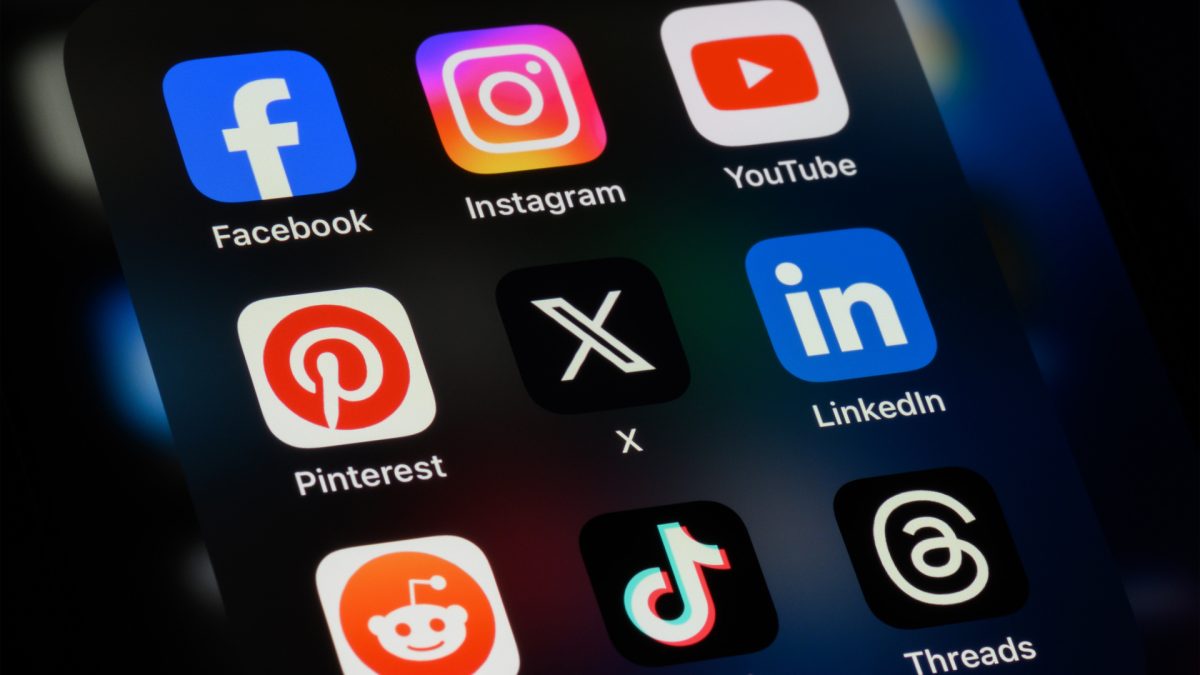The Australian government’s ban on social media for teens has caused an uproar not only among users but also among tech companies including Meta that has accused the administration of passing the law without considering young people’s voice.
The legislation, approved by parliament on Thursday, orders social media firms to take “reasonable steps” to prevent young teens from having accounts. It is due to come into effect after a year.
“We are concerned about the process which rushed the legislation through while failing to properly consider the evidence, what industry already does to ensure age-appropriate experiences, and the voices of young people,” a spokesperson from Meta said.
Meanwhile, most tech giants have said they will comply with the ban as the government has imposed a fine of up to $50m if they fail to do so.
Australian Prime Minister Anthony Albanese thinks the on sites like Facebook, Instagram and X would lead to “better outcomes and less harm for young Australians.”
Other tech companies react
Other social media companies joined Meta’s cohort to criticise the ban.
A Snapchat spokesperson said the company had raised “serious concerns” about the law and that “many unanswered questions” remained about how it would work.
But the company said it would engage closely with the government to develop an approach balancing “privacy, safety and practicality”.
TikTok said it was “disappointed” in the law, accusing the government of ignoring mental health, online safety and youth experts who had opposed the ban.
“It’s entirely likely the ban could see young people pushed to darker corners of the internet where no community guidelines, safety tools, or protections exist,” a TikTok spokesperson said.
Impact Shorts
More Shorts‘Ban will push kids to unregulated online spaces’
Meanwhile, the UN and UNICEF Australia have flagged concerns over the ban and said it would do more harm than good for young people.
“This ban risks pushing children into increasingly covert and unregulated online spaces as well as preventing them from accessing aspects of the online world essential to their wellbeing,” UNICEF Australia policy chief Katie Maskiell said.
With inputs from AFP
)